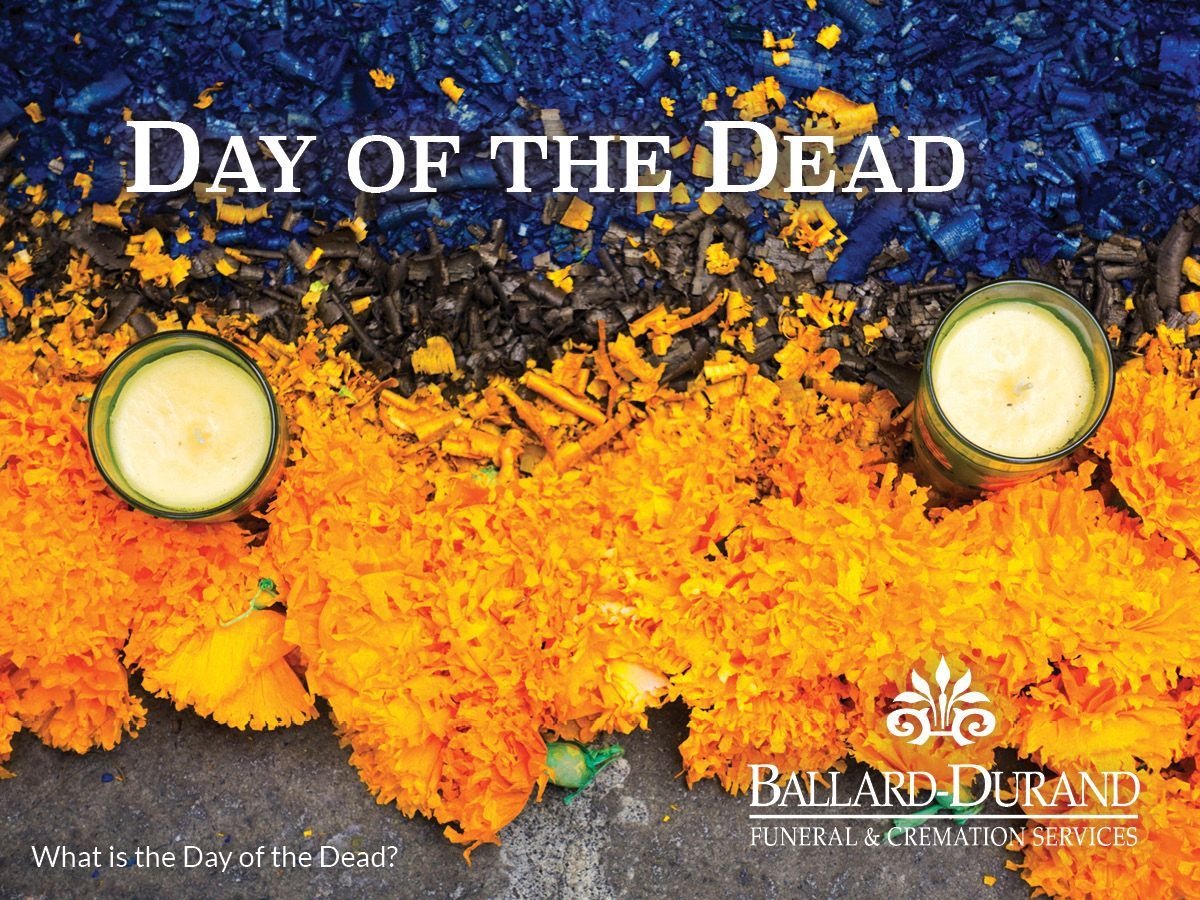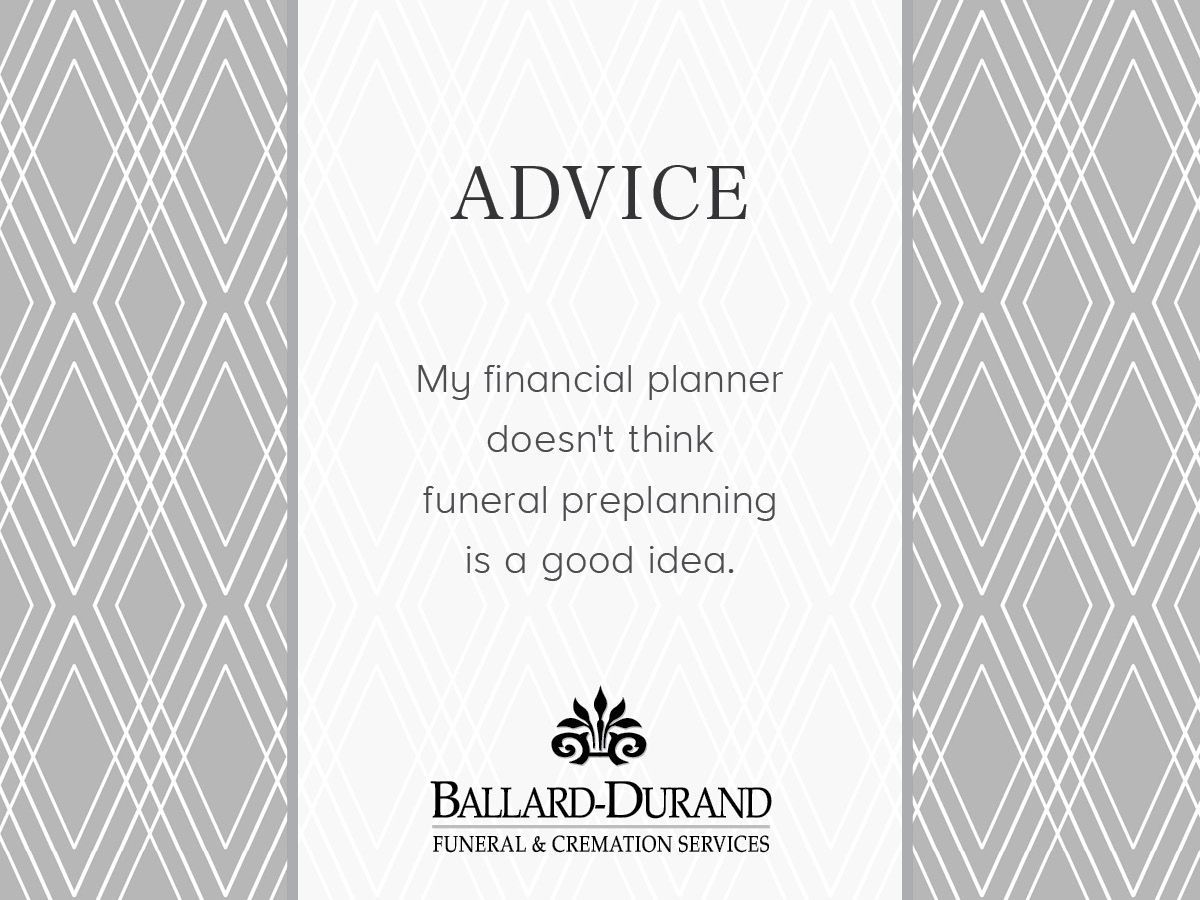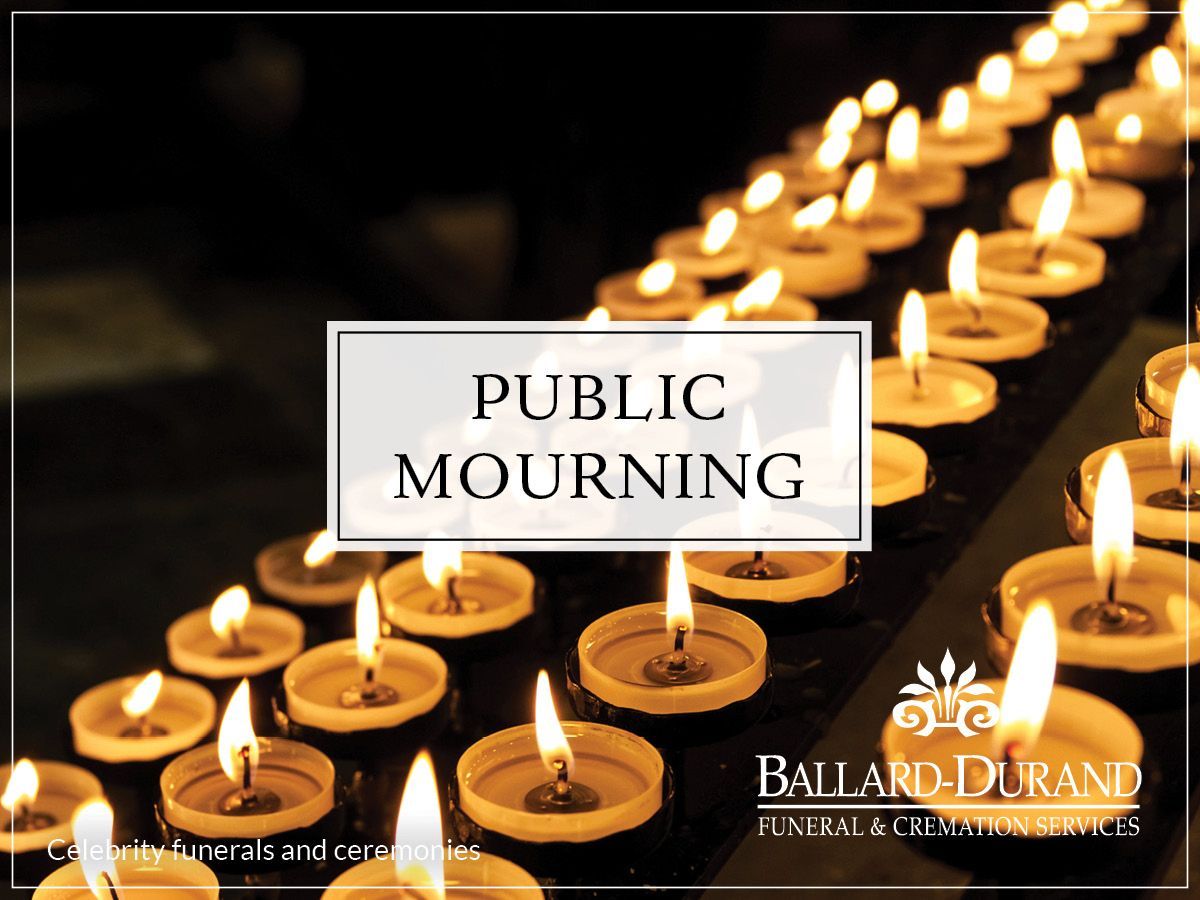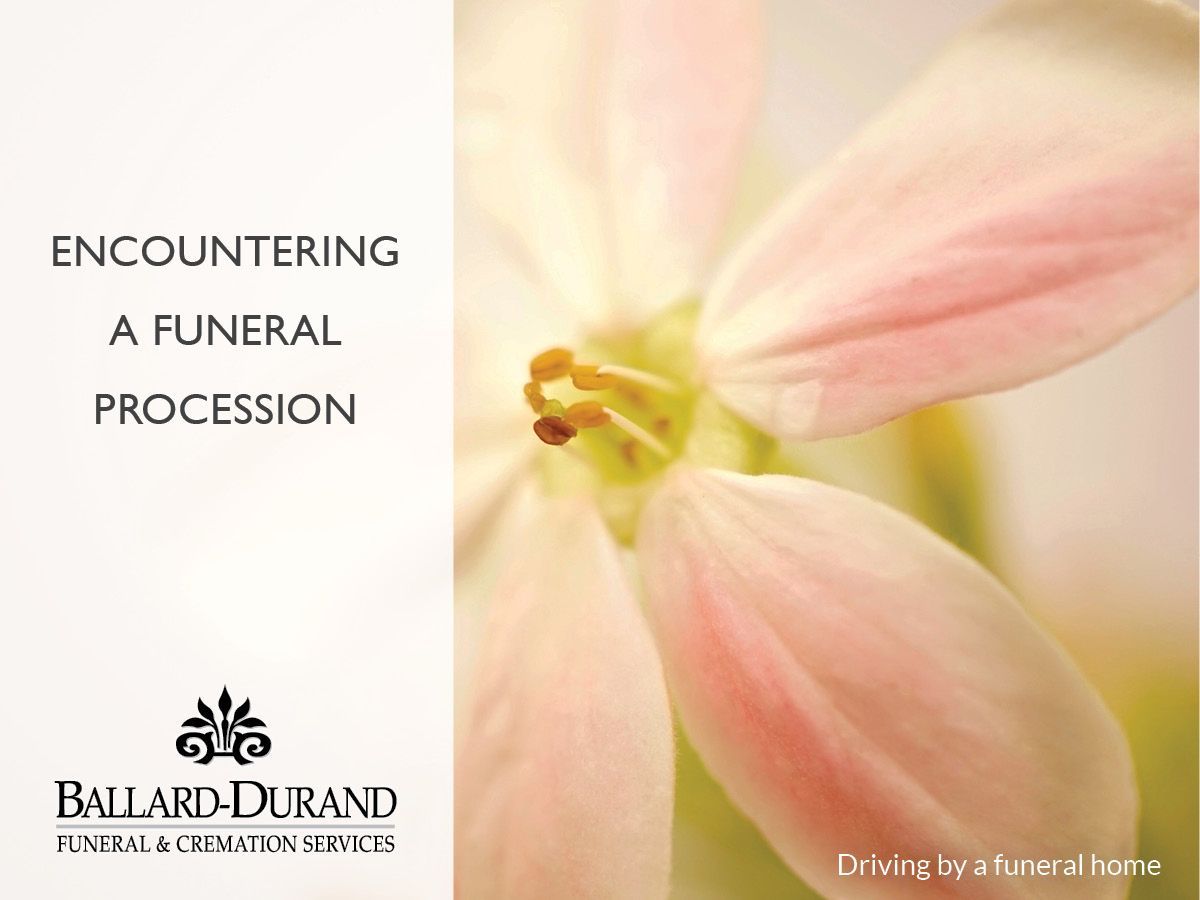How to Talk to Children About the Coronavirus Pandemic
by Alan D. Wolfelt, Ph.D.
As the coronavirus spreads across North America and our daily lives are transformed, we all must be aware of the need for good mental-health care. Obviously, it's a stressful time. Families are confined to their homes. School is canceled. Many businesses are closed. Workers are being laid off en masse, causing financial distress. And then there is the illness itself, COVID-19. Will we or someone we love become critically ill or even die? We are all naturally worried about the "what ifs" and "what nexts."
The youngest among us are not immune to all of this stress. They sense it in the adults around them, and they see it on social media and other sources of information. Their own day-to-day routines have been completely disrupted.
When it comes to painful, complex realities, it can be difficult to know how much we should share with children. Many people have an instinct to protect kids. But as someone who has worked with and advocated for grieving children for many decades, I've learned that what they really need is honesty combined with steadfast care.
Here are a few foundational dos and don'ts.
Follow the child's lead
Pay attention to what the child seems curious or worried about. For younger children, these concerns may manifest through their play rather than directly. You don't need to volunteer a lot of information. Instead, invite them to ask questions. And try saying just a little at a time. Children are often satisfied with short answers and small "doses" of information. When they want to know more, they'll let you know, especially if you are someone who is always straight with them.
Talk openly and honestly to children about what is happening
It's important to be honest with children about difficult circumstances. In fact, I often say that children can cope with what they know, but they can't cope with what they don't know. Be factual. Talk to them about social distancing and that it's necessary to keep people safe. Explain to them that it's mostly elderly people who are at risk of getting really sick or dying. If finances are an issue, it's good to talk to them about that too. If someone in your family has been affected by the virus, keep the child updated. And if your family finances are being stressed, as they are for so many people right now, try not to overburden your children with this challenge. It's OK to let them know about the need to curtail unnecessary spending, for example, but also keep in mind that financial issues are grown-up issues. We must be careful not to make children over-worry about this or feel responsible.
Use developmentally appropriate language
Use simple, concrete language when you talk to children about the pandemic. It's OK to use the words "coronavirus" and "pandemic," because children are hearing those terms, but you will need to explain them in ways that they will understand.
Share your feelings
As I said, we are all naturally worried about and disoriented over the pandemic. Circumstances are changing rapidly from day to day, and the future is unknown. Children who spend time with you will pick up on your anxiety, so it's essential to tell them what you're worried about. If you don't, they are likely to imagine even worse scenarios - or think that they are somehow to blame or at risk. And it's also important that you practice good self-care to manage any severe anxiety you yourself may be having. If your anxiety levels are too high, theirs will be, too.
Understand magical thinking
Young children are susceptible to what's called "magical thinking." They may believe that their thoughts and behaviors can cause bad things to happen. If they didn't want to talk to Grandma the last time they saw her, for example, and she gets sick, they may secretly believe they caused or contributed to her sickness. So be attuned to any feelings of guilt or shame the children in your care may be hiding, and explain clearly to them that none of this is their fault.
Be patient, kind, and reassuring
Most of all what children need is reassurance that they are being cared for and that their family and others they care about are safe.
Routines help children feel safe, so if their daily routine has been turned upside-down, it's important to create a new routine. Even if you're stuck at home, you can still have breakfast together at a certain time and follow a daily schedule. Keeping evening rituals consistent is also essential. And while all of this is going on, try extra hard to be patient and kind. I know it's extremely challenging to manage children patiently when school and activities are not there to help share the "it takes a village" burden, but keep in mind that your children will likely have strong memories of this strange interlude in their lives, as will you. You don't need to be perfect. You just need to be caring, consistent, and honest.
It’s also important to emphasize to children that lots and lots of grown-up doctors, scientists, and government workers across the world are working to solve the problem. It is our responsibility, not children's. We are working hard on treatments and vaccines as well as ways to help families who need help. We will get through this.
And I hope you will take advantage of any extra time you have during the quarantine to use for cuddles, hugs, and play. Physical closeness and care go a long way in helping children feel safe and loved.
About the Author
Dr. Alan D. Wolfelt is a noted author, educator, and grief counselor. He serves as Director of the Center for Loss and Life Transition in Fort Collins, Colorado, and is on the faculty at the University of Colorado Medical School's Department of Family Medicine. Among his many bestselling books are Healing A Child's Grieving Heart and Finding the Words: How to Talk with Children and Teens about Death, Suicide, Homicide, Funerals, and Other End-of-Life Matters. To order Dr. Wolfelt's books and for more information, visit www.centerforloss.com.












